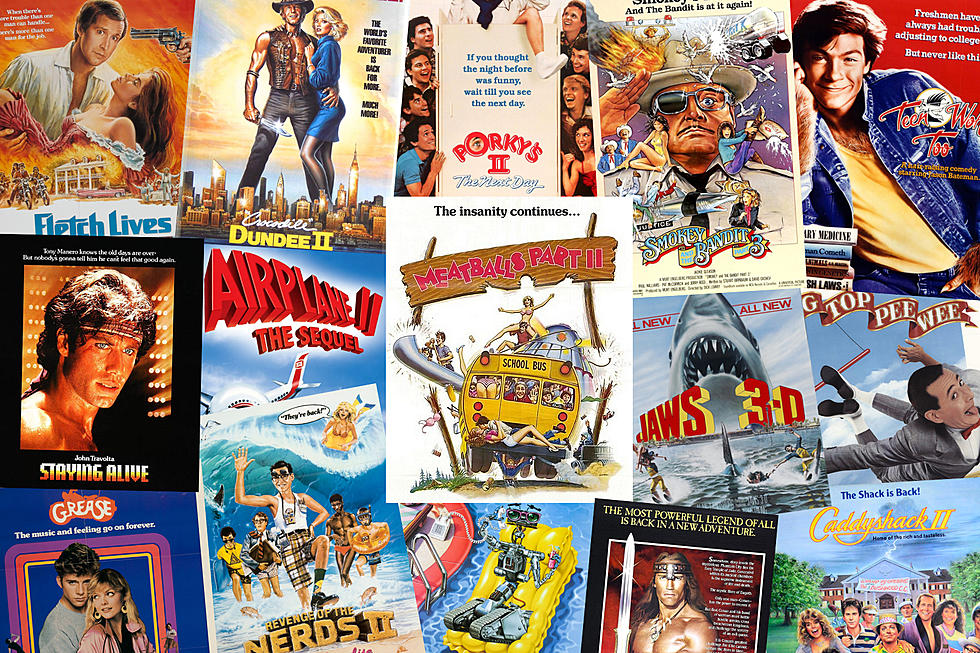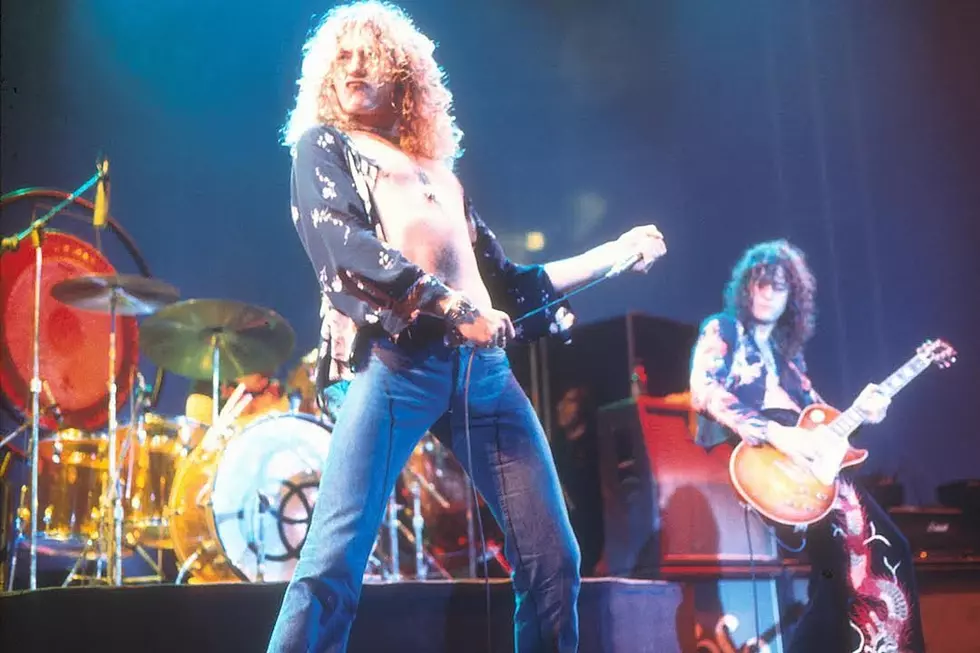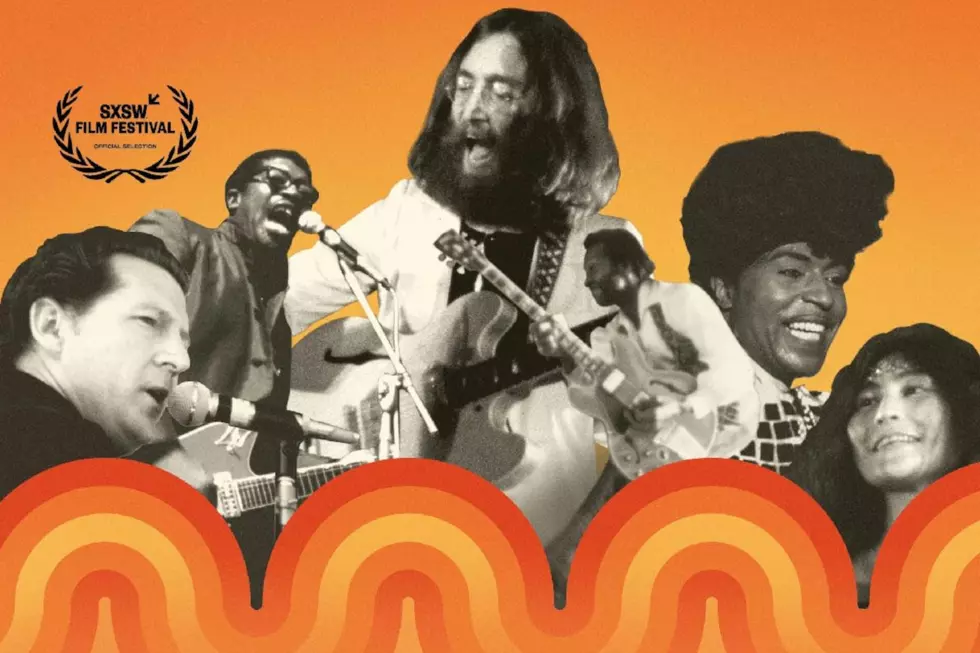
How the Original ‘Super Mario Bros.’ Movie Became a Disaster
The fundamental problem with making a movie based on a game is that playing the game is an immersive experience, while watching the movie is a passive one. It’s a problem Hollywood has struggled with for decades – and the best example of utterly failing to resolve it is 1993’s Super Mario Bros. movie.
The Nintendo game series launched in 1985 and now spans more than 20 titles, and by the early ‘90s it was one of the industry's biggest deals. The adventures of Mario, Luigi and their friends and enemies in the Mushroom Kingdom clearly had the potential to be a money-spinner when translated to the silver screen.
The project started out promisingly. Producer Roland Joffe secured the rights from Nintendo for just $2 million, even though others had offered as much as $10 million. They gave Joffe almost complete creative control; their only real interest seemed to be keeping the merchandising rights. “They looked at the movie as some sort of strange creature, [intrigued] to see if it could walk or not,” Joffe said back then.
Even better, Joffe had a clear vision for his production. There was to be a story of love, risk and victory, set in a dark and dangerous world. After some comings and goings (which perhaps hinted at what was to follow), he found directors in the married couple Rocky Morton and Annabel Jankel, creators of the genre-pushing Max Headroom TV character. The three principals agreed on a similar vision, with sets designed by the geniuses behind Blade Runner and a shooting script that reportedly crossed Mad Max with The Wizard of Oz.
Everything initially looked good, but by the time Bob Hoskins had been hired to play Mario, with John Leguizamo as Mario’s brother Luigi and Dennis Hopper as the evil President Koopa, things had begun to fall apart. No studio would touch the dark script; production money would only be forthcoming if it was a kids’ movie. The script everyone had been working on was dumped, and several people hastily stitched together a series of scenes with no clear plot.
As a result, everyone was always on the back foot. Morton recalled being too naive to keep the show together, as it was only the couple’s second feature-scale job. “The new script was so different that it didn’t apply to a lot of the sets and the characters,” he told Nintendo Life in 2014. “And all the actors had read and signed up for the original script, and this new script came in which was much more full of gags and sort of childlike, and they didn’t like it very much. So I had to sort of defend the script – and I didn’t like it either – and encourage them to carry on. And it was very awkward, and uneasy, and difficult.”
It was so difficult for Hoskins and Leguizamo that they wound up drinking on set every day, leading to a number of incidents, including Hoskins suffering a broken finger. “It was a fuckin’ nightmare,” Hoskins told The Guardian in 2007, calling the movie the “worst thing I ever did. It had a husband-and-wife team directing, whose arrogance had been mistaken for talent. After so many weeks, their own agent told them to get off the set! Fuckin' nightmare. Fuckin' idiots.”
Morton’s defense was that, when the “dewritten” scripts were forced upon them, he and Jankel wanted to quit. But they decided they couldn’t let down the people they’d signed up. “Another director coming onto this project would be completely lost, but at least we knew all the characters and could piece the new puzzle together,” Morton said.
Watch the Original ‘Super Mario Bros.’ Trailer
One of the most celebrated behind-the-scenes stories starred Hopper, who shouted at the directors for roughly three hours straight after the speech he was about to give had been rewritten. After Hopper let it all out, as the rest of the production team looked on, Morton asked what he wanted him to actually do. The actor, out of steam, told him they should shoot the scene according to the latest rewrite.
“It was a nightmare, very honestly, that movie,” Hopper told AV Club in 2008. “It was a husband-and-wife directing team who were both control freaks and wouldn’t talk before they made decisions. Anyway, I was supposed to go down there for five weeks, and I was there for 17. It was so over budget.”
Hopper later confided in Conan O'Brien that even his son was disappointed in him. “My 6-year-old son at the time … said, ‘Dad, I think you’re probably a pretty good actor, but why did you play that terrible guy, King Koopa, in Super Mario Bros.?’ And I said, ‘Well, Henry, I did that so you could have shoes,’ and he said, ‘Dad, I don’t need shoes that badly.’”
Complete with the ironic tagline “This ain’t no game,” Super Mario Bros. was released on May 28, 1993. It grossed a paltry $39 million at the box office after ballooning an estimated $8 million over its $40 million budget. It was a far cry from the success of 2023’s animated The Super Mario Bros. Movie, which quickly zoomed past $900 million against a $100 million budget.
Morton admitted the overwhelming feeling about that time of his life was “humiliation.” But it wasn’t a complete failure: Super Mario Bros. was the first movie to make use of the Autodesk Flame CGI software, which was still in beta at the time, raising attention and inspiring interest in that method of working. Many of the crew members remain proud of their achievements, and the film has acquired a cult following over the years.
Joffe reported in 2012 that no one from Nintendo ever called to complain about what he’d done with their biggest brand. His feelings about the project remained complicated. “It’s not that I defend the movie,” he told Wired. “It’s just that, in its own extraordinary way, it was an interesting and rich artifact and has earned its place. It has strange cult status.”
Things were different for actor Richard Edson, who played henchman Spike Koopa. His reputation wasn’t established enough to protect him from the movie’s failings. “When you’re involved with such a big disaster, the stench of it sort of stays with everybody,” Edson told The Guardian in 2018. “There was work I hoped for in Hollywood, but it never really happened for me after that. You have to be careful. If you’re going to sell your soul, you’d better be getting more than just money out of it.”
Hoskins’ career survived, but at one point he wondered if it would. “I didn’t even know it was a game,” he admitted in a TV interview. “It was my kids that told me. They said, ‘What’s your next film?’ ‘I’m doing Super Mario Bros.’ ‘Oh, that’s the game.’ ‘Oh, what?’ ‘Yeah, here, and this is you!’ And I saw this thing kind of jumping up and down, and I thought, ‘I used to play King Lear!’”
60 Actual Dates When Big Hollywood Moments Take Place
More From Ultimate Classic Rock









